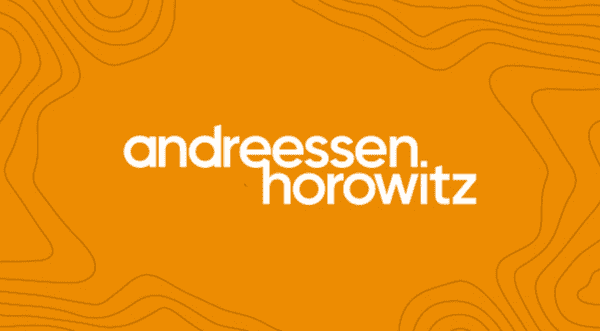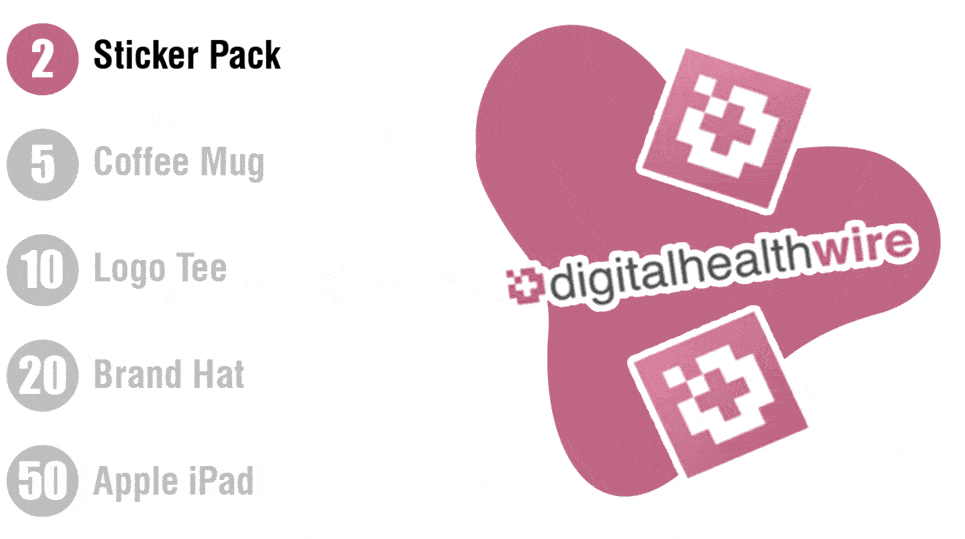|
a16z Healthcare Prediction | Validic RPM
November 28, 2022
|
|
|

|
|
Together with
|

|
|
|
“When you ask around about what will most likely be the most mission critical tech in health care in the next three years and the most common answer is “rev cycle,” you know what kinda market you’re in…”
|
|
OMERS Ventures Principal Investor Christina Farr
|
|

|
|
Venture capital giant Andreessen Horowitz (a16z) got right to the point in a recent blog post that made a huge splash across health tech social media: “We think the biggest company in the world will be a consumer health tech company.”
a16z lays out two paths that could let a healthcare company leapfrog over massive consumer icons like Google, Apple, Facebook, and Amazon to become the world’s most valuable company (Fun fact: the $4T US healthcare market is 5x the size of the global advertising industry).
Path 1 involves creating a vertically integrated “payvidor” that grows to own most care. Picture a company that looks something like if “UnitedHealth Group and Apple had a baby,” with the business model of UHG but the sleek consumer experience of Apple.
- a16z believes that these companies will need to become big enough to cover most specialties, and also own a health plan that encourages patients to stay within the same care ecosystem (similar to Apple’s tech lineup).
- Combining both components is essential so that the reimbursement arm can serve as a distribution channel for the care delivery services.
Path 2 centers around building a horizontal marketplace similar to Amazon where healthcare services are aggregated alongside trusted reviews and comparison data.
- According to a16z, the key to success for healthcare marketplaces is to serve as an acquisition channel for established players, in addition to being their own acquisition channel.
- These companies will need to crack the code on how to direct patients to relevant services, while also leveraging the traditional healthcare system for both provider listings and patients.
The Takeaway
Some of the biggest companies in the world are consumer companies that were built in relatively small industries, and the US healthcare market is so big that it can support plenty of success stories with both vertical and horizontal models. That said, packaging something as complicated as healthcare into a consumer experience as simple as Amazon isn’t exactly an easy task, which is why a16z believes that the biggest company in the world will be the one that pulls it off.
|




|
|
Patient Engagement for a VP of Patient Experience
Nuance’s patient engagement guide for hospital execs gives a patient’s-eye view of the engagement experience and explores what the growing demand for convenient interactions means for the VP of Patient Experience.
|
|
Prescription Assistance Made Easy
Synapse Medicine’s quick-deploy Prescription Assistance API and components can be up and running in less than a day and instantly connect your HCPs to the drug data and prescribing support they need in their everyday practice. Join Synapse CEO Clement Goehrs and Lead Strategist Martin Cech in their upcoming webinar on Tuesday, December 6 to discover how easy it can be to onboard reliable real-time drug data for your providers.
|
|
- Validic Raises $12M: RPM startup Validic secured $12M in funding to continue developing its platform that makes personal health device data more actionable by connecting it to patient EHRs. Validic’s platform is compatible with most common consumer wearables from Apple, Fitbit, Google, and Samsung, allowing clinical teams to easily scale RPM programs that take advantage of the smartwatches and fitness trackers that patients already own.
- Provider Burnout Leveling Off: A new KLAS report shows that provider burnout levels might finally be leveling off, with the percentage of clinicians reporting burn out holding steady at 34% since 2021. Data from 181 provider orgs (27k clinicians) indicates that several stressors impacting burnout have begun to ease since the peak of the pandemic, including too much time spent on bureaucratic tasks (falling from 48% to 42%), after-hours workload (42% to 38%), and EHR / IT tools hurting efficiency (38% to 33%).
- Coeus Secures Best Buy Funding: Remote patient monitoring company Coeus announced a new investment from Best Buy, which will allow the consumer electronics retailer to use Coeus’ Home Health Hybrid Cloud (h3c) to improve the user experience of its home health devices. h3c is a cloud-based IT and logistics platform designed to streamline the deployment of RPM programs at scale, handling everything from installation to data management.
- Delayed Wellness Visits: Sage Growth Partners conducted a survey of 100 C-level hospital executives showing that 67% believe the health of Americans is worse off now than before the pandemic. The consensus among the respondents was that they think over half of all Americans (57%) are delaying wellness visits, which they predict will result in more patients fighting chronic illness (14%), higher hospital admissions (14%), and higher mortality rates (12%).
- Osso VR & ACC Immersive Training: The American College of Cardiology is teaming up with surgical training startup Osso VR to develop an immersive virtual reality training program for cardiovascular professionals. The program is designed to provide repeatable and measurable educational experiences that allow users to practice their skills in real-life operating room scenarios.
- Verily & ResMed Launch Primasun: Verily and sleep device maker ResMed unveiled a new joint venture called Primasun, an end-to-end solution to help employers and providers identify populations at risk of developing sleep disorders. Primasun’s initial product offering connects patients with certified sleep physicians who diagnose and treat obstructive sleep apnea, clinically evaluate patients with insomnia symptoms, and provide guidance to improve sleep hygiene.
- Portal Messages Increase Pediatric Visits: Patient portal messages are effective for boosting pediatric well-child visits, according to new research published in JAMA. Researchers sent 945 patients either a standard portal message (boilerplate appointment reminder), a tailored message (included child’s age and last appointment date), or no message, finding that 18.4% of the standard message group scheduled an appointment within eight weeks – outperforming both tailored messages (14.9%) and the control (9.5%).
- UnityPoint Virtual Care: Iowa-based UnityPoint Health launched two new virtual care programs, SmartExam and Virtual Urgent Care, to help address lengthening wait times for patients seeking treatment for illnesses such as flu, cold, and allergies. SmartExam lets patients fill out an online screening questionnaire to receive a diagnosis from a UnityPoint provider in less than an hour, while Virtual Urgent Care allows patients to video chat with clinicians to discuss treatment options without visiting the ED.
- Telehealth Engagement at FQHCs: A Boston-University led study found that high telehealth availability at federally qualified health centers was linked to increased care engagement during the pandemic for Medicaid beneficiaries with mental health conditions. The study of 11 FQHCs with 11k combined patients showed that high telehealth availability during the pandemic (≥50% of all visits from April 2020 to March 2021) was associated with significantly more mental health visits (incidence rate ratio: 2.07), as well as a 7.7 percentage point increase in 30-day follow-ups after mental health ED visits.
|
|
Streamlining Care With BrainInsight AI
Discover how Hyperfine’s BrainInsight AI tools are streamlining patient care by giving clinicians the quantitative biomarker information needed to reduce the burden of manual brain MRI measurements and decrease the time to diagnose and treat.
|
|
Listening to Nurses Creates Change
A new survey of 1,000 American nurses found that almost half don’t have time to eat a full lunch when working a 12-hour shift. Read more from connectRN about the toll of the nursing shortage and what nurses really need to stay in the profession.
|
|
How Medallion Helped Skintap Launch in 15 States
In order to launch and scale, Skintap had to build a network of dermatologists who could see patients across the US. Learn how Medallion helped Skintap’s providers get licensed in over 15 states in less than four months – without any headaches and well before their launch date.
|
|
|
Share Digital Health Wire
|
|
Spread the news & help us grow ⚡
|
|
Refer colleagues with your unique link and earn rewards.
|

|
|
|
|
Or copy and share your custom referral link: *|SHAREURL|*
|
|
You currently have *|REFERRALS|* referrals.
|
|
|
|
|